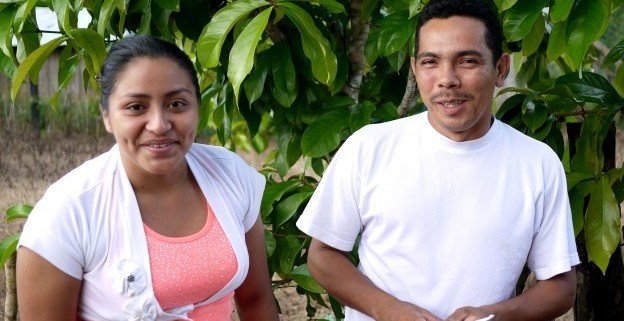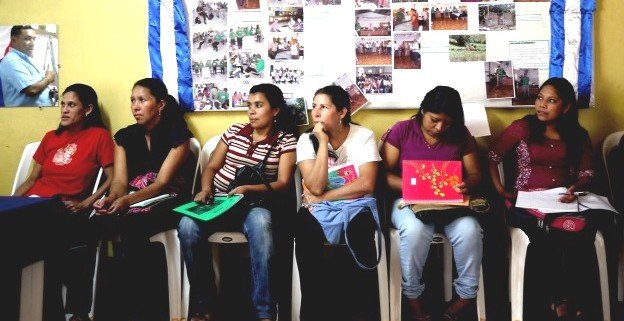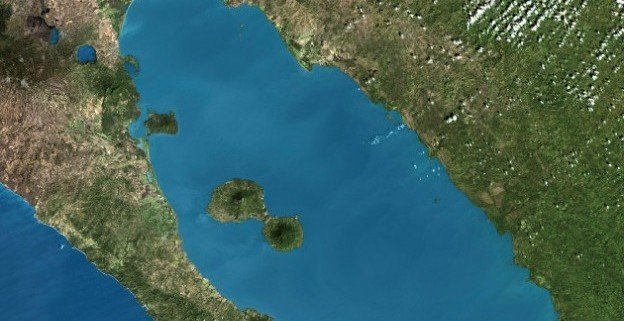You Made Miracles Happen in Santa Maria!
It’s hard to remember quite how tough things were in Santa Maria five years ago, said community leader Antonio Hernandez. They lacked electricity and water, and the condition of the road made it impossible for vehicles like ambulances to enter.
Life is different now. When CEPAD arrived in Santa Maria, they formed a Community Development Committee to seek support from the local government and NGOs. After CEPAD’s training, they began work to make their infrastructure goals a reality.
“We had been trying for three years to get electricity here and couldn’t get answers from the government,” Antonio said. “One year after CEPAD came, the project was underway. In 2013, we turned the lights on for the first time.”



